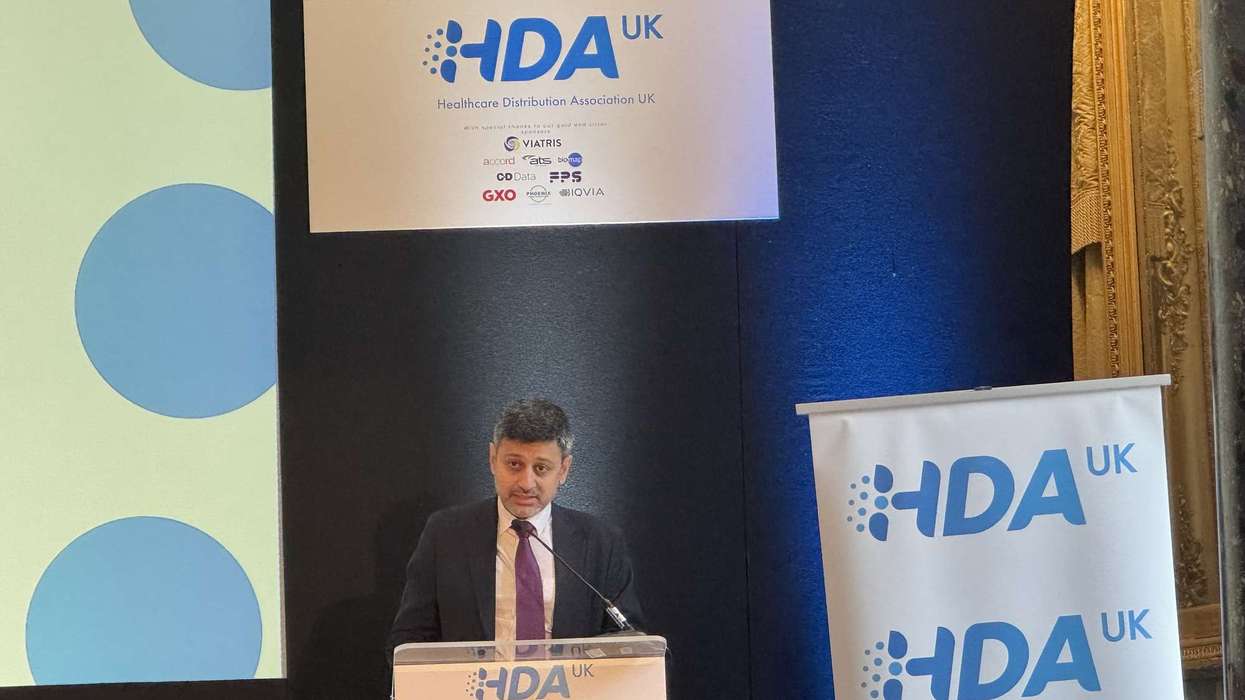Key Summary
- The DNA of newborn babies will be sequenced using blood samples from their umbilical cord
- The government will invest £650m in DNA research for all patients by 2030
- Genomics and AI would be used for faster diagnoses
Children born in England will have their DNA mapped to screen for hundreds of diseases under the NHS plan for the next 10 years.
Health secretary Wes Streeting told The Telegraph that the Labour government plans to move the NHS towards a model of sickness prevention from sickness treatment.
The government will invest £650m in DNA research for all patients by 2030 and personalised medicine will form a big part of that plan.
He said genomics will help us "to leapfrog disease, so we're in front of it rather than reacting to it."
The Department for Health and Social Care said that genomics and AI would be used for faster diagnoses.
Screening newborn babies for rare diseases will involve sequencing their complete DNA using blood samples from their umbilical cord, taken shortly after birth.
At present, the newborns are offered a blood test to check for nine rare but serious conditions.
Streeting claimed this will transform the NHS "from a service which diagnoses and treats ill-health to one that predicts and prevents it."
The Government's 10-year plan also includes the NHS moving care away from hospitals to communities, and from analogue to digital services.












